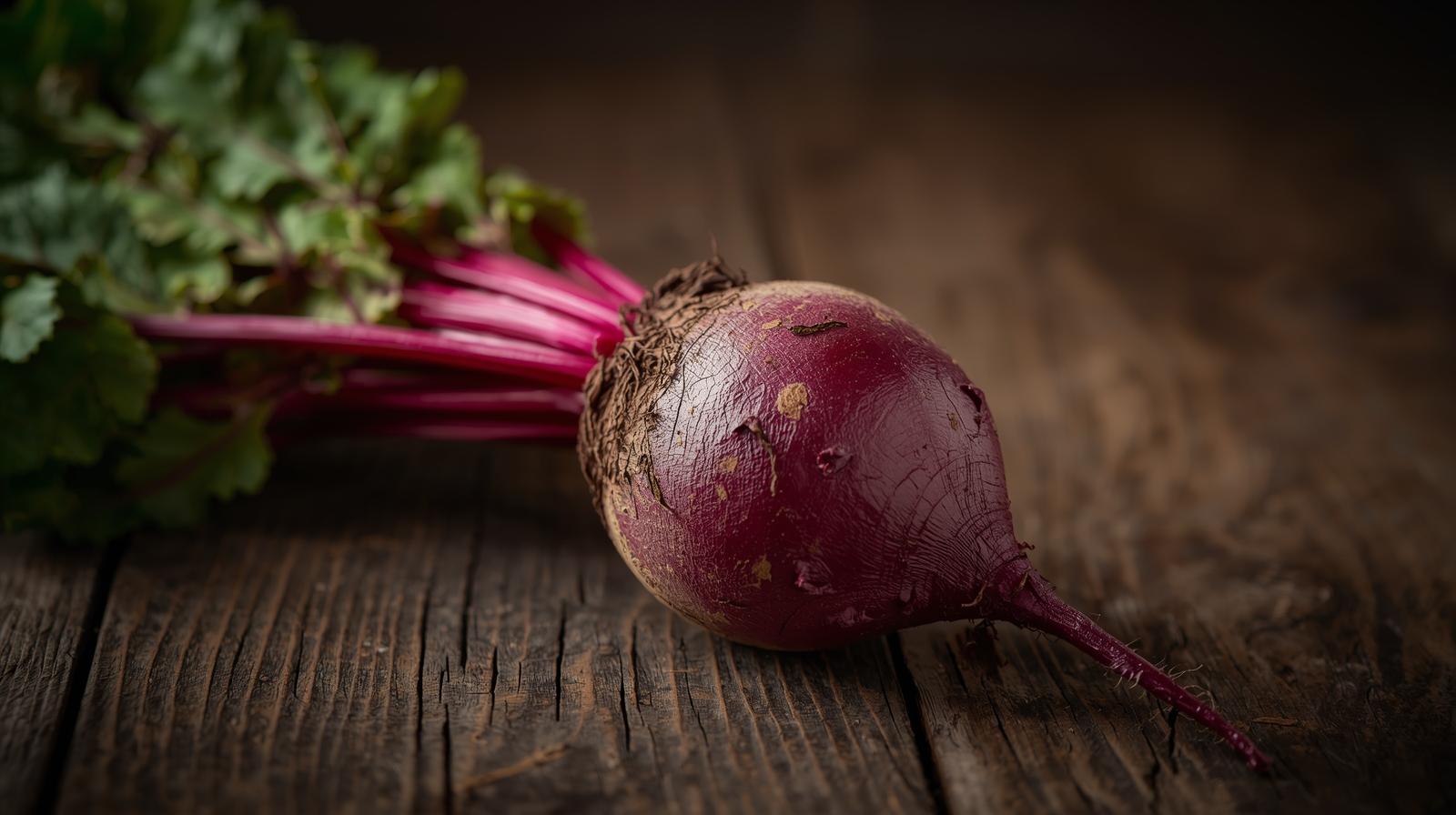Blood Pressure - The Natural Approach
Welcome, fellow health seekers! Today, let's delve into the fascinating and sometimes perplexing world of blood pressure. For many, it's a routine check-up number. For others, it's a source of significant anxiety. But what is blood pressure, really? And why are so many people being diagnosed with hypertension these days? We'll explore these questions, focusing on natural and homeopathic strategies to support healthy blood pressure levels.
Understanding Blood Pressure Basics
At its core, blood pressure is the force of your blood pushing against the walls of your arteries. This pressure is vital, ensuring that blood, carrying oxygen and nutrients, reaches every cell in your body. It's measured with two numbers: systolic (the pressure when your heart beats) and diastolic (the pressure when your heart rests between beats), expressed as systolic/diastolic (e.g., 120/80 mmHg).
But blood pressure isn't static. It fluctuates throughout the day, influenced by factors like stress, activity, and even the time of day. A healthy range generally falls below 120/80 mmHg. But where does 'high blood pressure,' or hypertension, begin?
The Shrinking Threshold: How Definitions Have Changed
This is where things get interesting. Over the decades, the threshold for diagnosing hypertension has been progressively lowered. What was once considered 'normal' is now often labeled as 'elevated' or even 'high'. This shift means more people are now classified as having hypertension and are subsequently prescribed medication.
Let's look at a simplified history:
- Previously: A blood pressure reading of 140/90 mmHg or higher was typically considered hypertension.
- More recently: Guidelines shifted, with some organizations recommending treatment starting at 130/80 mmHg.
Why the change? Proponents argue that lowering the threshold allows for earlier intervention, potentially preventing serious cardiovascular events. However, critics raise concerns about over-diagnosis, unnecessary medication, and the potential side effects of those medications. It's crucial to understand that these are guidelines, not absolute decrees. Each individual's health picture is unique and should be assessed holistically.
While pharmaceuticals can play a role in managing blood pressure, many natural and homeopathic approaches can be exceptionally effective, especially when incorporated early on. These strategies focus on addressing the root causes of hypertension, rather than just masking the symptoms.
Natural Strategies for Healthy Blood Pressure
Let's explore some key areas where you can make a profound impact on your blood pressure naturally:
1. Stress Management: Calming the Inner Storm
Chronic stress is a major contributor to high blood pressure. When stressed, your body releases hormones like cortisol and adrenaline, which temporarily increase your heart rate and constrict blood vessels. While this is a normal response to acute stress, prolonged stress keeps your blood pressure elevated over time.
Homeopathic Allies:
- Ignatia: Useful for grief, disappointment, and emotional stress.
- Nux vomica: For irritability, impatience, and stress related to work or lifestyle.
- Gelsemium: For anxiety, anticipation, and stage fright.
Other Strategies:
- Mindfulness Meditation: Regular meditation can help calm the nervous system and reduce stress hormones. Even a few minutes a day can make a difference.
- Deep Breathing Exercises: Practicing deep, diaphragmatic breathing can lower your heart rate and blood pressure.
- Yoga and Tai Chi: These practices combine physical movement with mindfulness, reducing stress and improving overall well-being.
- Spending Time in Nature: Studies show that being in nature can lower blood pressure and reduce stress.

2. Dietary Adjustments: Nourishing Your Cardiovascular System
What you eat has a direct impact on your blood pressure. A diet rich in processed foods, sugar, and unhealthy fats can contribute to hypertension. Conversely, a diet rich in fruits, vegetables, whole grains, and lean protein can help lower blood pressure.
Key Dietary Recommendations:
- Sodium Intake: There is NO evidence, NO proof, ANYWHERE, that consuming natural salt, elevates blood pressure.
- Increase Potassium Intake: Potassium helps balance sodium levels in the body and relaxes blood vessels. Good sources of potassium include bananas, sweet potatoes, spinach, and avocados.
- The DASH Diet: Again, consuming natural salt does not elevate blood pressure: nor do natural saturated fats. Please do your own research on this, or ask me more.
- Limit Trans Fats, Modified Starches and Seed Oils: These unhealthy food substitues can contribute to plaque buildup in your arteries, increasing blood pressure.
- Reduce Sugar Intake: High sugar intake can lead to insulin resistance, which can contribute to hypertension. Be mindful of added sugars in processed foods and drinks.
Foods that Support Healthy Blood Pressure:
- Beets: Contain nitrates, which help relax blood vessels.
- Garlic: Has been shown to lower blood pressure in some studies.
- Hibiscus Tea: Can help lower systolic and diastolic blood pressure.
- Dark Chocolate (in moderation): Contains flavanols, which can improve blood vessel function.

3. Regular Exercise: Moving Your Way to Lower Blood Pressure
Exercise is a powerful tool for lowering blood pressure. Regular physical activity strengthens your heart, making it more efficient at pumping blood. This reduces the pressure on your arteries.
Types of Exercise:
- Aerobic Exercise: Activities like walking, jogging, swimming, and cycling are excellent for lowering blood pressure. Aim for at least 30 minutes of moderate-intensity aerobic exercise most days of the week.
- Strength Training: Lifting weights or using resistance bands can also help lower blood pressure. Focus on working all major muscle groups.
- Yoga and Pilates: These practices improve flexibility, balance, and strength, while also reducing stress. These lower blood pressure by increasing the body's circulation and promoting relaxation and stress reduction.
Important Considerations:
- Start Slowly: If you're new to exercise, start gradually and increase your activity level over time.
- Listen to Your Body: Pay attention to any pain or discomfort and stop if needed.
- Consult Your Doctor: Talk to your doctor before starting a new exercise program, especially if you have any underlying health conditions.

4. Prioritizing Sleep: Rest and Restore for Optimal Health
Sleep deprivation can wreak havoc on your blood pressure. During sleep, your blood pressure naturally drops. When you don't get enough sleep, your blood pressure stays elevated for longer periods, increasing your risk of hypertension.
Tips for Better Sleep:
- Establish a Regular Sleep Schedule: Go to bed and wake up around the same time each day, even on weekends.
- Create a Relaxing Bedtime Routine: Take a warm bath, read a book, or listen to calming music before bed.
- Optimize Your Sleep Environment: Make sure your bedroom is dark, quiet, and cool.
- Avoid Caffeine and Alcohol Before Bed: These substances can interfere with sleep.
- Limit Screen Time Before Bed: The blue light emitted from electronic devices can disrupt sleep.
Homeopathic Help for Sleep:
- Coffea cruda: For sleeplessness due to an overactive mind.
- Chamomilla: For irritability and restlessness that interfere with sleep.
- Passiflora: For general sleeplessness and restlessness.
- Arsenicum album: Sleeplessness with anxiety and restlessness.
Homeopathic Considerations for Blood Pressure
Homeopathy offers a highly individualized approach to managing blood pressure. A qualified homeopath will take a detailed case history, considering your physical, emotional, and mental symptoms to determine the most appropriate remedy for you. Some commonly used homeopathic remedies for hypertension include:
- Aurum metallicum: Often indicated for individuals with high blood pressure who are serious, responsible, and prone to depression.
- Lycopodium: Useful for people with digestive issues, bloating, and a fear of responsibility who also experience hypertension.
- Natrum muriaticum: For those who suppress their emotions, hold onto grief, and are sensitive to salt.
- Glonoinum: For sudden surges of blood pressure, throbbing headaches, and a feeling of fullness in the head.
Important Note: Homeopathy should be used under the guidance of a qualified practitioner. Self-treating can be ineffective and may delay proper diagnosis and treatment.
Remember, managing blood pressure naturally is a journey, not a destination. It requires consistent effort and a commitment to making healthy lifestyle choices. By incorporating stress management techniques, dietary adjustments, regular exercise, and prioritizing sleep, you can empower yourself to take control of your cardiovascular health. And with the support of homeopathy, you can address the underlying imbalances that contribute to hypertension and work towards achieving optimal well-being. Always consult with your healthcare provider before making any significant changes to your diet, exercise routine, or treatment plan.
Next Steps
- 1. Consult with your doctor or a qualified healthcare professional to get a baseline reading and discuss your individual risk factors.
- 2. Explore stress management techniques like meditation, yoga, or spending time in nature.
- 3. Make gradual dietary changes, focus on good quality proteins, healthy fats and increasing potassium intake.
- 4. Incorporate regular exercise into your routine, starting slowly and gradually increasing the intensity.
- 5. Prioritize sleep by establishing a regular sleep schedule and creating a relaxing bedtime routine.
- 6. Consider consulting a qualified homeopath for personalized treatment options.

